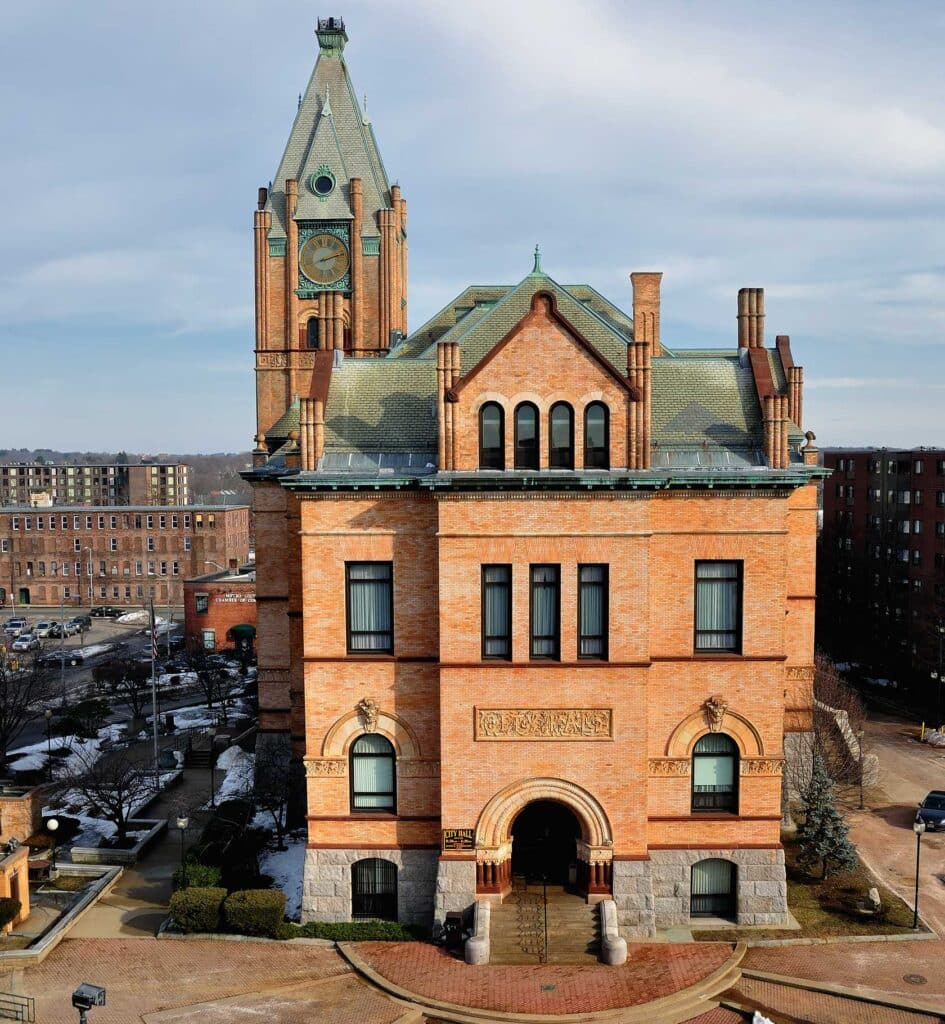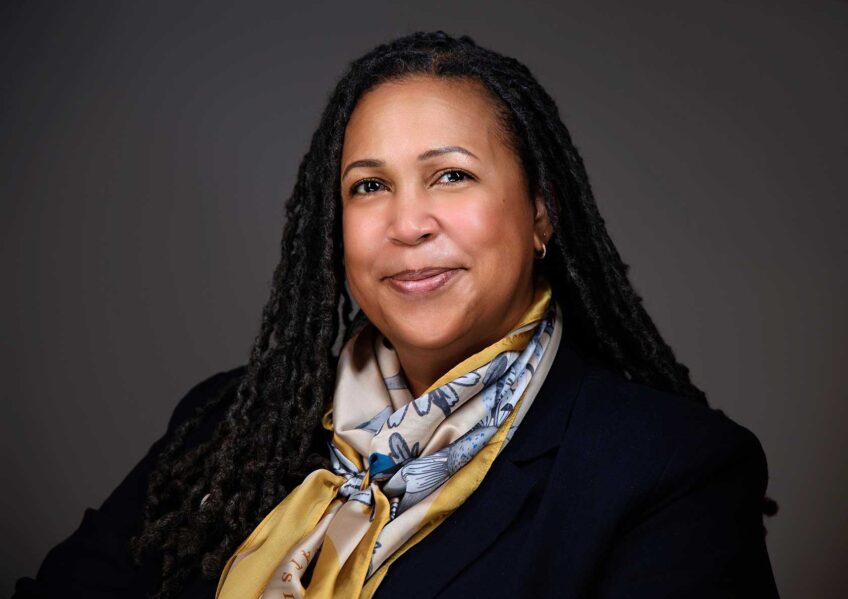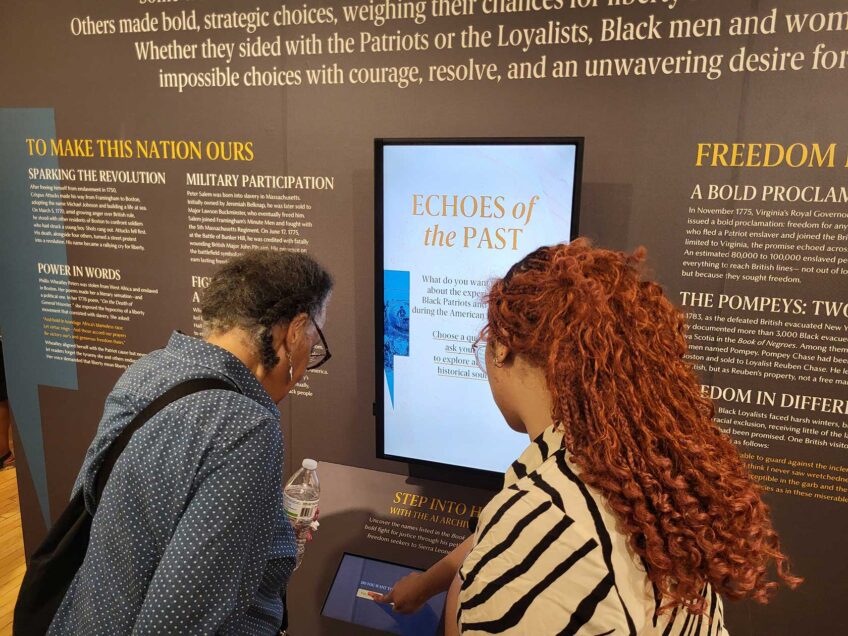
On Nov. 19, a branch of Brockton’s School Committee published an accounting of last school year. Brockton spent $7.23 million less than the state minimum allows.
After requisite approvals, the lump sum is carried forward, raising this year’s minimum. Secondary to state aid, the carryover cost is a local responsibility. Larger shortfalls penalize future school aid.
Some school committee members had hoped for more. Unfazed, one called for “major cuts to the schools” later that night.
At the subcommittee meeting, Vice Chair Tony Rodrigues said, “It’s hard for me to agree to a $7.3 [carryover] when I have the business administrator for the school department telling me it’s $8.4.”
Brockton CFO Troy Clarkson “respectfully but vehemently” disagreed. The carryover was math by consensus.
BPS has been negotiating the numbers with the city for months. Brockton Superintendent Priya Tahiliani described “making our case for who is doing what.”
As Ward Two’s school committee member, Claudio Gomes, summarized, the Schedule 19 is “basically a charge for the services that the city anticipated providing to the school district.”
When she started, Tahiliani recalled no “collective understanding back then when we stopped the hiring” of the carryover. BPS was trying to “tighten the purse strings.” She said, “we did make a lot of sacrifices.”
Nearly done, this year’s report—called Schedule 19—may be filed on-time. The district’s FY23 data only appeared online in August 2024, six months after others.
That year, Brockton got credit for over-spending the minimum by $29.2 million.
The FY23 city contribution rose by 34%, thanks in large part to the insurance account. Alongside the schools’ maintenance, two accounts increased by $32.8 million.
In the “haste” to finish the filing, Clarkson said, that year’s insurance number was an “overallocation.” Insurance is paid through a trust fund that draws “75% from the city and 25% from the employees.” However, “that FY23 number was that 100%.”
Clarkson wants a memorandum of understanding, wherein the calculations are defined.
“We can take this issue off the table and concentrate on maximizing the resources that are available,” he suggested.
For most districts, spending a percent or more above the minimum insulates the Schedule 19 from dispute. Only when calculating underspending, does the form translate into real money.
“Limited resources,” Clarkson said, mean “there are never enough resources to allocate.” He identified major cost-centers competing with schools: police, fire and public works.
“The traditional property tax model is not working as well as it should,” said Clarkson. “Certainly in Brockton.”
The stress is palpable. Detailing new contracting requirements the next week, Tahiliani described an “adversarial relationship” with the city. She said, “when you give out directives, you should be giving out support as well.”
Clarkson detailed a “graduated approach” to new contracting rules. “There were virtually no guardrails” before, he said. Though trying not to blame others, he said, if vendors “are working without a contract, then they have some responsibility too.”
Two vendors spoke to the finance subcommittee last week about working without a contract. One, Joseph Scriver, testified to asking about his contract for months. He owns an interdepartmental courier service.
Some contracts are now being signed-off. “Checks will be cut tomorrow for our private transportation,” Tahiliani said on Nov. 25.
Some school committee members are bracing for “legal action,” either initiated by unpaid vendors or the body itself, to ultimately resolve disputes.
“At this point all gloves is off,” said Rodrigues.
Internal acrimony is contrary to the recommendations of an independent investigation.
Afterwards, Clarkson feels compelled to intervene. He’s charged by state law to oversee the schools. “I must exercise that authority and put those guardrails in place,” he said.
The investigation also traced problems to Brockton’s purchase of school buses.
In the 2022 schools budget, two odd items reduced the apparent transportation costs by $3.4 million. Called “other local revenue,” these items were ill-defined.
Clarkson was perplexed, “and that’s a problem,” he said.
That year, Brockton’s school spending exceeded the minimum by $3 million.
Transportation is considered ‘non-net school spending.’ It doesn’t count for the minimum and cannot be paid by state aid. In 2022, the atypical accounting could have shifted ‘non-net’ costs onto the ‘net’ budget.
At year end, Chris Correia “reconciled the Non-Net School Spending budget” with “2 years of Circuit Breaker and ESSER III funding” to cover a $4.7 million overrun, according to his whistleblower complaint.
In FY21, Brockton’s last formal carryover amounted to $1.5 million.
The non-net budget burdens city finances. Open Architects found that over-budget transportation costs demanded local funds.
Ms. Sullivan, the Ward Five School Committee Member, cited $5 million in unfunded transportation costs this year and called for “major cuts to the schools.”
Clarkson explained the city council had held back part of the transportation money, waiting to see if costs could be contained.
Clarkson confirms bond reporting
Last year, the Banner reported apparent issues with Brockton’s FY22 Schedule 19. That year-end paperwork credited the city for $10.6 million in retirement contributions it did not make.
In the first year of a bond issuance, no eligible debt payments occurred. That “hiatus should have been reflected,” said Clarkson.
Actual retirement contributions, including those unrelated to the schools, only totaled $7.5 million that year.
Clarkson agreed an outdated formula may have been at fault. In the past, Brockton has calculated some of the city’s school spending by simple multiplication: department budget times the fraction of all city spending that goes to the schools.
“The number for FY24 was slightly over 40%,” Clarkson told the subcommittee.
In FY22, $10.6 million was 35.8% of the initial budget.
Going forward, Brockton may tabulate actual expenses. He said, “this time around, we had our health insurance consultant go and actually calculate.”
On the Schedule 19, Brockton’s FY24 health insurance costs declined $11.75 million from FY23. They grew $19.8 million the year before. Previously those costs varied less than $2 million a year.
Tallying ancillary costs occupies the time of municipal accountants. Clarkson recalled the consensus building work that preceded the bond issuance by over a year.
At the time, Brockton’s schedule of payments escalated sharply as it sought to fully fund its pension obligations by 2032—eight years before the state’s expectation.
Clarkson was unsure what, if any, consequences there were for missing Massachusetts’s 2040 debt payoff deadline. “PERAC taking over,” he speculated, “I don’t know statutorily even how that would happen.” Clarkson has worked in municipal finance for 30 years.
After the bond sale, “we were able to use that savings to build the public safety building,” he said.
Now, Brockton’s future pension payments are 88.2% funded. The City of Champions is better prepared for future costs than the state, which is at 71.3%, and many wealthier cities and towns.
As markets make new highs, the investment will benefit; even as it’s exposed to the risk of downturns. The retirement board’s assets grew $122 million over the last year.
Clarkson looks past fluctuations to a 15-year horizon, anticipating a 6.75% annual growth rate that he called “conservative.”
“This investment … is in it for the long haul,” he said.






